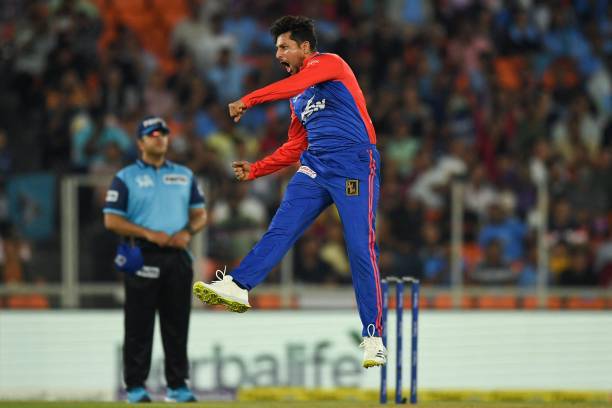The Role of Gut Health in Athletic Performance: Diamondexch999.com login, Skyexchange sign up, Ready book club login
diamondexch999.com login, skyexchange sign up, ready book club login: The role of gut health in athletic performance is often overlooked, but it plays a crucial role in how well athletes can perform and recover from intense physical activity. Your gut is home to trillions of bacteria that help digest food, absorb nutrients, and regulate your immune system. When your gut is healthy, it can have a positive impact on your overall well-being, including your athletic performance.
Nutrient absorption
One of the key roles of gut health in athletic performance is nutrient absorption. A healthy gut lining is essential for absorbing key nutrients like carbohydrates, proteins, and fats that are needed for energy production and muscle recovery. When your gut is compromised, it can lead to malabsorption of these nutrients, which can result in fatigue, muscle weakness, and decreased performance.
Inflammation
Another important aspect of gut health in athletic performance is its role in inflammation. Chronic inflammation in the gut can lead to increased levels of stress hormones, which can negatively impact athletic performance. Inflammation can also impair the body’s ability to repair and recover from intense exercise, leading to longer recovery times and increased risk of injuries.
Immune function
The gut is home to a large portion of the body’s immune system, so gut health is closely linked to immune function. A healthy gut can help regulate the immune response to exercise-induced stress, reducing the risk of infections and illnesses that can sideline athletes from training and competition.
Microbiome diversity
The gut microbiome, or the community of bacteria living in your gut, plays a crucial role in overall gut health. A diverse and balanced microbiome is associated with better digestion, nutrient absorption, and immune function. Athletes who have a healthy gut microbiome may experience improved athletic performance and faster recovery times compared to those with imbalanced gut bacteria.
Hydration and electrolyte balance
Proper hydration and electrolyte balance are essential for athletic performance, and gut health plays a role in maintaining these levels. A healthy gut lining helps regulate the absorption of water and electrolytes, ensuring that athletes stay properly hydrated during training and competition. Dehydration and electrolyte imbalances can lead to muscle cramps, fatigue, and decreased performance.
Gut-brain axis
The gut-brain axis is a bi-directional communication system between the gut and the brain, and it plays a crucial role in regulating mood, stress levels, and cognitive function. A healthy gut can positively impact mental health and cognitive performance, which are important factors in athletic success.
Frequently Asked Questions:
Q: How can I improve my gut health as an athlete?
A: To improve gut health, athletes can focus on eating a diet rich in fiber, including probiotic-rich foods like yogurt and kefir, staying hydrated, managing stress levels, and avoiding excessive use of antibiotics.
Q: Can gut health impact recovery times for athletes?
A: Yes, gut health can impact recovery times for athletes. A healthy gut can help the body repair and recover faster from intense exercise, leading to shorter recovery times and improved performance.
Q: Are there any supplements that can help improve gut health for athletes?
A: Yes, athletes can consider taking probiotic supplements to support gut health. However, it’s essential to consult with a healthcare provider or nutritionist before starting any new supplement regimen.
In conclusion, gut health plays a crucial role in athletic performance, impacting nutrient absorption, inflammation, immune function, microbiome diversity, hydration, and electrolyte balance, and the gut-brain axis. Athletes should prioritize their gut health by eating a nutrient-dense diet, staying hydrated, managing stress, and considering probiotic supplements to support overall well-being and performance.







